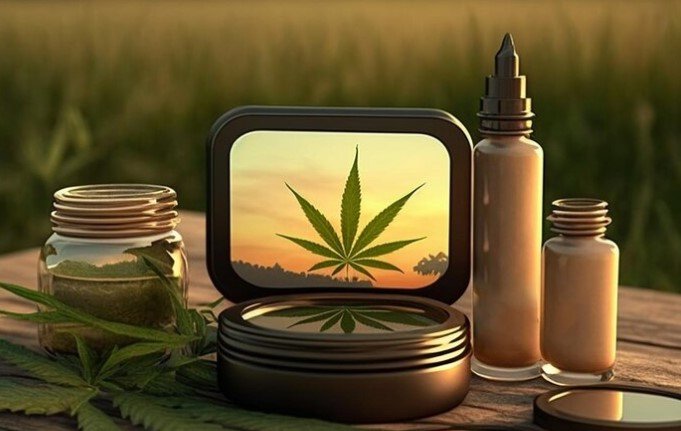Florida has taken a decisive step in regulating hemp-derived products, including the controversial Delta-8, by passing a comprehensive ban. This legislative move aims to address the growing concerns surrounding the unregulated sale of these products and their potential impact on public health.

Understanding the Ban
The new legislation prohibits the sale of intoxicating hemp products, which include delta-8 THC, a compound known for its psychoactive effects. The ban extends to other compounds such as delta-10 THC, HHC, THCA, THCP, and THCV.
The bill was passed unanimously by the Florida State Senate and is now awaiting the signature of Governor Ron DeSantis. If signed into law, this bill will reverse the provisions set in 2019, which aligned with the 2018 Farm Bill, legalizing hemp and hemp extracts.
The Implications for Consumers and Businesses
The ban has sparked a debate among consumers and business owners. While some applaud the move for prioritizing consumer safety, others are concerned about the potential economic impact and the loss of access to products that many have come to rely on for medical purposes.
Business owners warn that the legislation could dismantle the hemp industry, leading to job losses and economic downturns. Consumers who use these products for chronic illnesses are also worried about losing a critical component of their healthcare regimen.
The Legal Landscape of Hemp Products
The legal status of hemp-derived products has been a complex issue, with varying regulations across states. Florida’s ban places it among the states with the strictest regulations, potentially setting a precedent for others to follow.
The bill’s passage reflects a growing trend of increased scrutiny and regulation of hemp products nationwide. As the legal landscape continues to evolve, stakeholders are closely monitoring the implications for the industry and consumer access.
